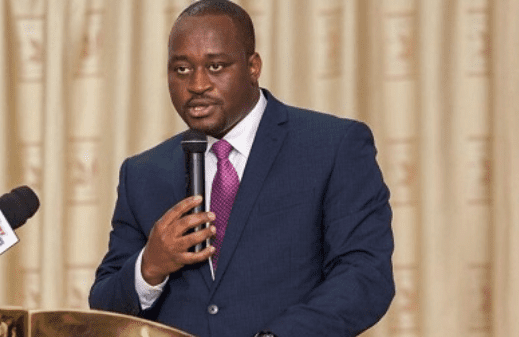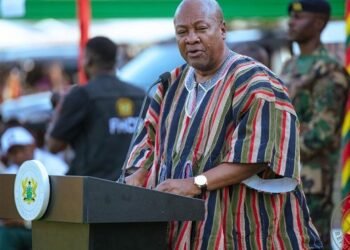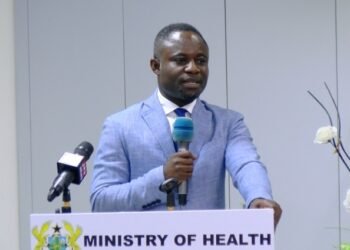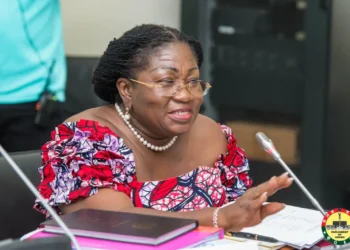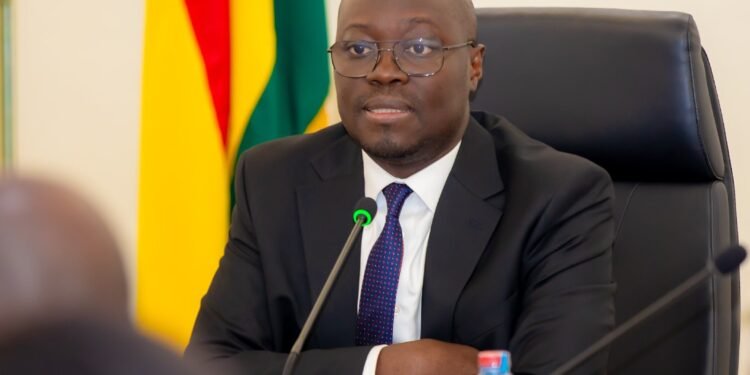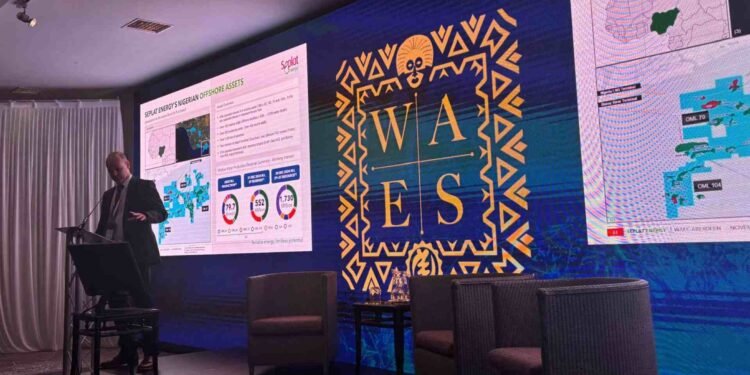Ghana’s fiscal management has come under intense scrutiny in recent years, with recurring budget deficits, rising debt levels, and limited fiscal space raising concerns about the sustainability of the nation’s economy.
Economist and political risk analyst Dr. Theo Acheampong has highlighted the urgent need for reforms, stressing that the country must establish an Independent Fiscal Council to strengthen transparency, accountability, and long-term discipline in public financial management.
According to Dr. Acheampong, these persistent challenges have revealed weaknesses in the current fiscal framework and the need for robust institutions capable of enforcing responsible financial practices.
“One such institutional reform is the establishment of an Independent Fiscal Council, as envisaged in Section 11 of the newly passed Public Financial Management (Amendment) Act, 2025 (Act 1136).”
Dr. Theo Acheampong

He further clarified that the new law repeals the Fiscal Responsibility Act, 2018 (Act 982), and brings all of Ghana’s fiscal management laws under a single, comprehensive framework.
This reform is designed to create a stronger foundation for financial governance and ensure greater coherence in public spending policies.
Strict Rules to Strengthen Fiscal Discipline
Dr. Acheampong emphasized that two key provisions in the new law stand out. The first is the introduction of strict numerical budget balance and debt rules to curb excessive borrowing and spending.
Under the Act, the government is mandated to maintain an annual surplus of at least 1.5% of GDP on a commitment basis.
Additionally, the law sets a long-term debt-to-GDP ceiling of 45% by 2034, aimed at preventing unsustainable debt accumulation.

“The next step for the government is to establish the Independent Fiscal Council and ensure that it builds the necessary technical and managerial capacity to effectively implement these fiscal rules.”
Dr. Theo Acheampong
He cited global studies showing that countries with well-structured fiscal councils tend to produce “more accurate and possibly less optimistic fiscal forecasts, as well as greater compliance with fiscal rules.”
However, he cautioned that the Council must remain independent from political interference to fulfill its mandate effectively.
Stakeholder Support For Fiscal Council
Meanwhile, last week, a high-level stakeholder workshop was jointly organized by IMANI Africa and the International Institute for Sustainable Development (IISD) in Accra.
During the event, experts presented groundbreaking research on designing fiscal frameworks that balance credibility with the flexibility needed to respond to unexpected economic shocks.

Dr. Acheampong revealed that the report presented at the workshop analyzed various options for establishing the Fiscal Council, drawing on lessons from other African nations and international best practices.
It laid out a roadmap for operationalizing the Council, emphasizing the importance of a clear legal mandate, functional autonomy, and strong analytical capacity.
According to him, these recommendations were echoed by several stakeholders at the workshop, who stressed the need for ongoing support and collaboration to ensure the Council’s success.
They argued that without a strong, independent body to enforce compliance, Ghana risks repeating past mistakes that led to severe fiscal imbalances.
Building Public Trust Through Transparency
Dr. Acheampong noted that establishing the Fiscal Council is not only about enforcing rules but also about restoring public confidence in Ghana’s financial management.
Over the years, mismanagement of public funds and opaque budgetary processes have eroded trust in government institutions.

A well-functioning Council, he explained, would serve as a bridge between the government and citizens by providing independent oversight and transparent reporting on how public resources are managed.
“The empirical literature shows that having a fiscal council is associated with more accurate and possibly less optimistic fiscal forecasts, as well as greater compliance with fiscal rules.”
Dr. Theo Acheampong
As such, he emphasized that transparency and accountability must remain central to the Council’s mission.
As Ghana faces a challenging economic future, with global uncertainties and domestic fiscal pressures, Dr. Acheampong believes the establishment of the Independent Fiscal Council could be a turning point for the country.
However, he warned that its success will depend on political will and the government’s readiness to allow the Council to operate without interference.
Stakeholders at the IMANI Africa and IISD workshop pledged to continue working closely with the government to ensure the Council is given the resources and independence needed to carry out its duties. “We look forward to continuing this work with the government and other stakeholders in supporting the all-important work of the Fiscal Council.”
The creation of this Council represents an opportunity for Ghana to take decisive steps toward fiscal responsibility, ensuring that future generations are not burdened by the consequences of today’s financial decisions.
READ ALSO: Energy Majors Commit $8 Billion to Angola’s Oil and Gas Future

